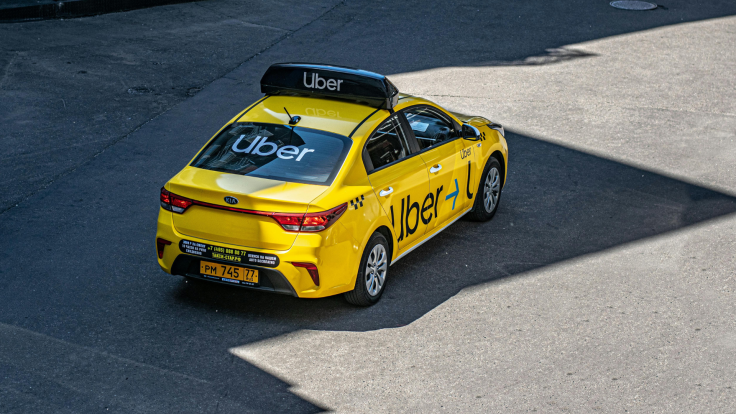Chaos in Singapore as Grab, Asia's Uber, Slaps Passengers with Over $700 Fares for Short Rides
Grab passengers stunned as app glitch racks up $700 fares on short rides in Singapore.

Commuters in Singapore were left stunned on 20 August 2025, after ride-hailing giant Grab briefly quoted fares exceeding S$1,000 (£575) for short journeys that typically cost less than S$20. Some users reported seeing prices as high as S$1,500 (£880), sparking outrage on social media and prompting a flood of complaints.
The anomaly, which Grab later confirmed was caused by a 'temporary display bug', forced the company to halt bookings, roll back a faulty update and promise full refunds to affected riders. Screenshots of the inflated fares quickly went viral on X (formerly Twitter) and Facebook, fueling chaos across the city's central business district.
Within minutes, screenshots showing the eye-watering charges spread on X (formerly Twitter) and Facebook appeared. By 12:20 p.m., the company said fares had returned to normal. A Grab spokesman apologised and promised to review the company's pricing systems to prevent a repeat.
What Went Wrong
Grab explained that the issue was triggered by an error in its surge-pricing algorithm, which adjusts typical fares in line with demand. On this occasion, the system mistakenly multiplied base fares by hundreds instead of tens, producing eye-watering trip totals.
The bug, which affected both GrabCar and GrabTaxi, lasted less than 20 minutes but caused significant disruption at midday, one of the busiest times for office workers and delivery riders.
By 12:20 p.m., Grab said fares had stabilised. A company spokesman apologised and promised a full review of its pricing systems to ensure such incidents do not recur.
Where did it happen
The glitch primarily affected customers in Singapore, Grab's home market and a key revenue source. Ride requests within the downtown financial district were especially susceptible because of high midday demand. Other locations across the island also reported inflated fares.
Singapore's Land Transport Authority said it was aware of the incident and would monitor Grab's handling of the issue. There were no reports of similar problems in neighbouring markets such as Malaysia, Indonesia or Thailand.
Who was Involved
Grab, often described as 'Asia's Uber', operates ride‑hailing, food‑delivery and digital payments services across Southeast Asia. The affected passengers included office workers, tourists and delivery riders who rely on Grab's transport services.
The company's public relations team and senior engineers spent Wednesday afternoon answering queries and reassuring customers that their accounts were not compromised.
Meanwhile, competitors such as Gojek and ComfortDelGro saw a brief uptick in bookings as users switched platforms.
Why did the Glitch Happen
Grab attributed the problem to human error during a software update. Its dynamic pricing algorithm, which caps typically surges at 3–5 times the base fare, misreads demand signals and multiplies fares exponentially.
Surge‑pricing bugs are rare but can occur when algorithms interact with abnormal data. Industry observers note that ride-hailing companies continually adjust their pricing models to balance supply and demand. In Singapore, where many drivers switched to food delivery during the pandemic, supply remains tight, increasing the risk of price spikes.
How has Grab Responded
Grab's chief executive for Singapore, Yee Wee Tang, issued a statement apologising for the 'stress and inconvenience' caused by the glitch. He said all affected users would receive full refunds plus a S$10 credit.
The company also stated that it would conduct a thorough review of its pricing systems and enhance quality-assurance testing.
Analysts believe the incident may prompt regulators to scrutinise surge‑pricing practices more closely. Consumer watchdog CASE has urged Grab to compensate customers quickly and to communicate more clearly about fare‑setting mechanisms.
For now, Grab insists the problem has been resolved. However, the episode highlights the risks of relying on automated pricing systems — and the reputational damage that can unfold in minutes when things go awry.
© Copyright IBTimes 2025. All rights reserved.





















